
Loading...
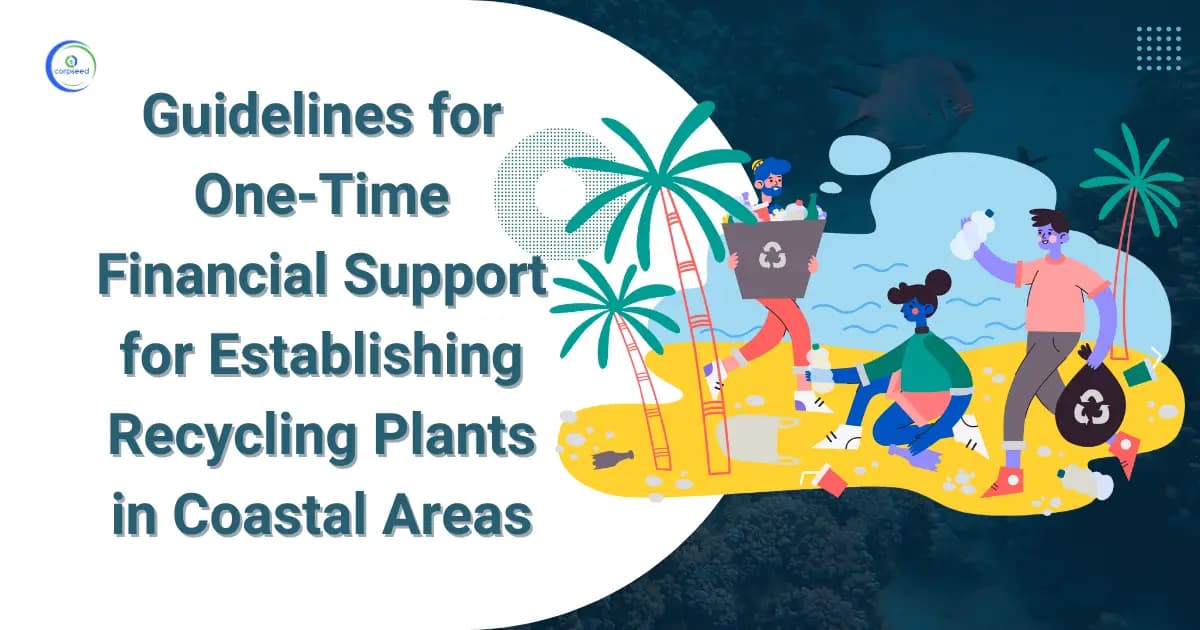
Guidelines for One-Time Financial Support for Establishing Recycling Plants and Machinery for Abandoned, Lost and Discarded Fishing Gears and High Littering Plastic Wastes in Coastal Areas
About the Author

Mahek Sancheti, BAJMC graduate with a deep passion for writing. As a content writer, video content creator, creative content creator, and scriptwriter, I bring stories to life through words and visuals. I honed my skills by working with a prominent news agency, where I excelled in crafting compelling narratives and engaging content. Coming from a journalism and mass communication background I have skills to craft engaging narratives that captivate audiences. With a keen interest in writing and creativity, I aim to deliver impactful and meaningful content that resonates with diverse audiences.
Related articles
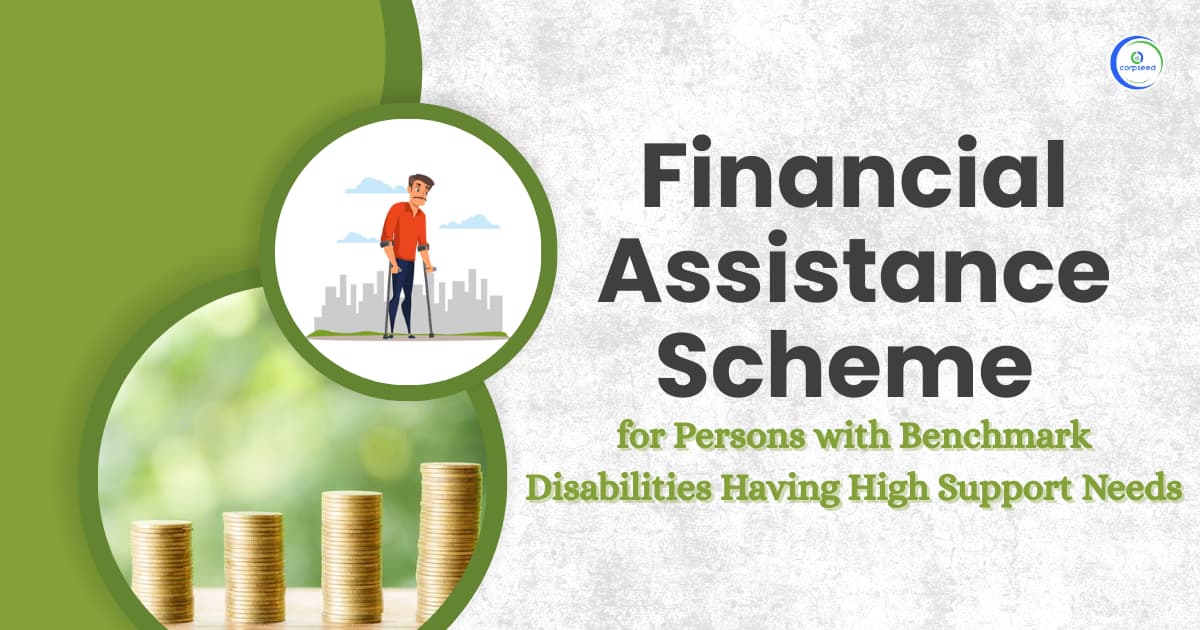
Financial Assistance Scheme for Persons with Benchmark Disabilities Having High Support Needs
2025-09-20
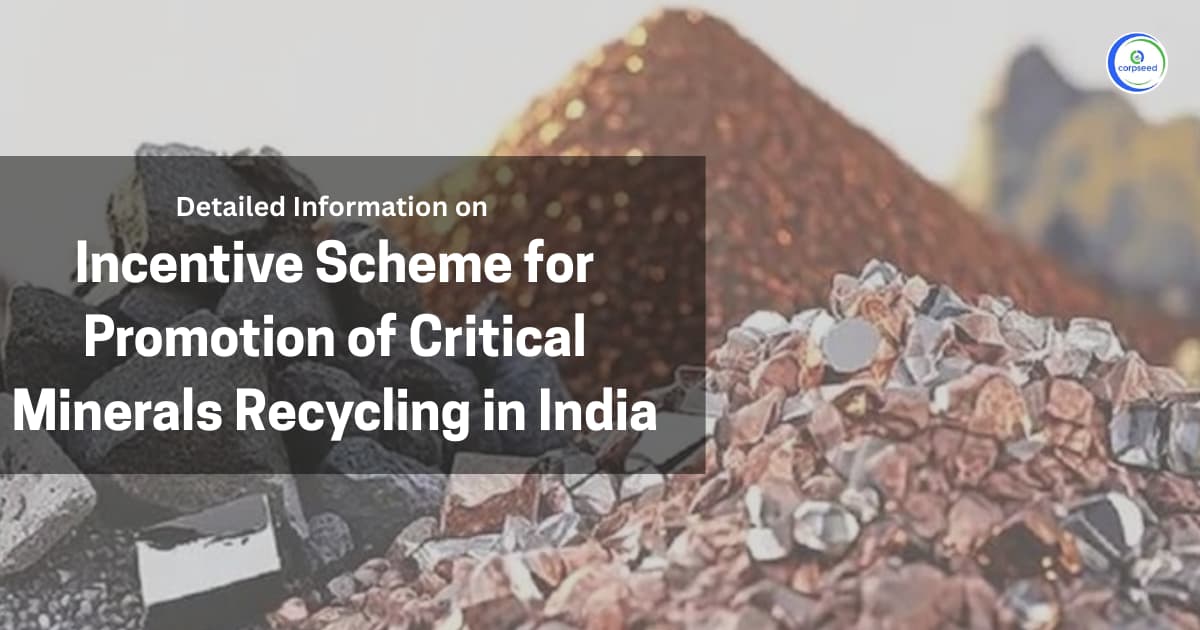
Detailed Information on Incentive Scheme for Promotion of Critical Minerals Recycling in India
2025-09-09

The Credit Guarantee Scheme for Startups (CGSS): Bridging the Funding Gap for High-Potential Ventures
2025-05-14
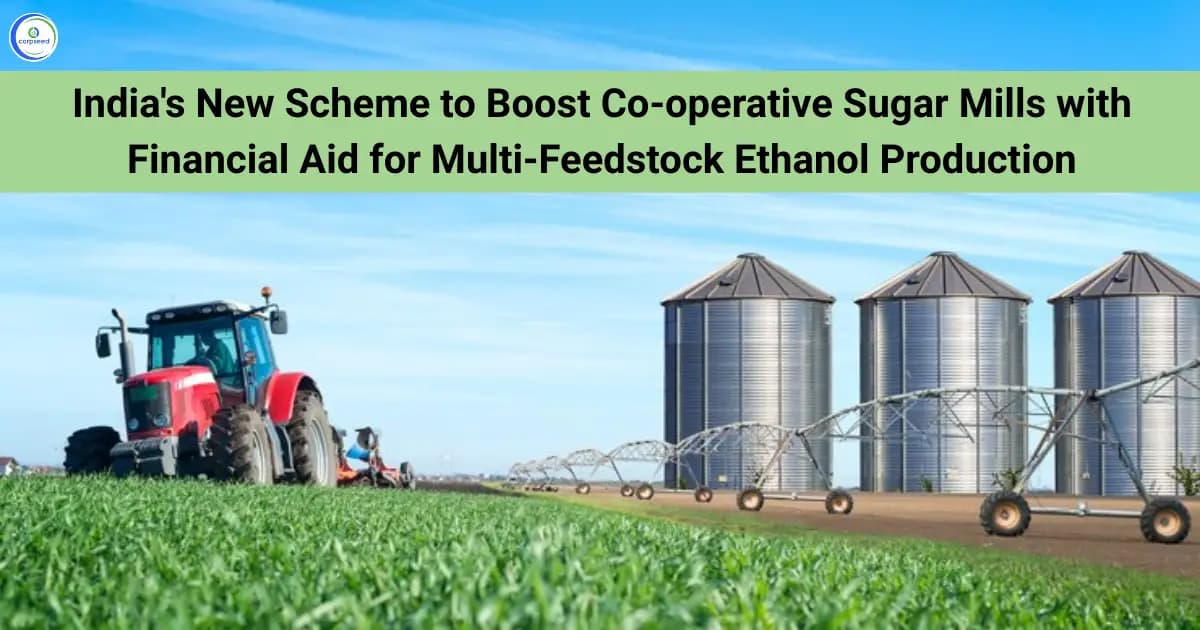
India's New Scheme to Boost Co-operative Sugar Mills with Financial Aid for Multi-Feedstock Ethanol Production
2025-03-11
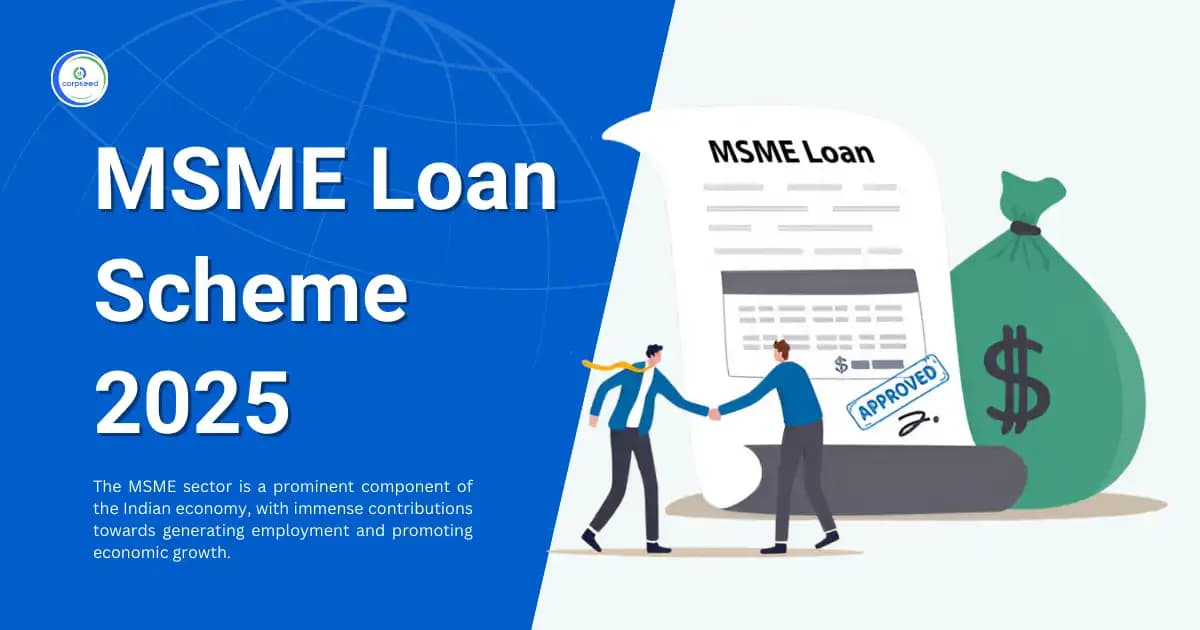
MSME Loan Scheme 2025
2025-01-13

India to Launch $5 Billion Incentive Scheme for Electronics Manufacturing
2024-11-30